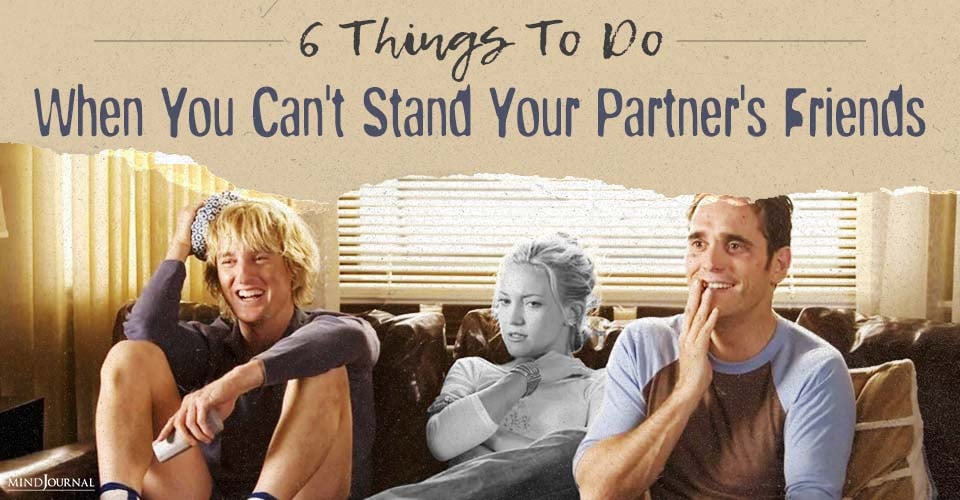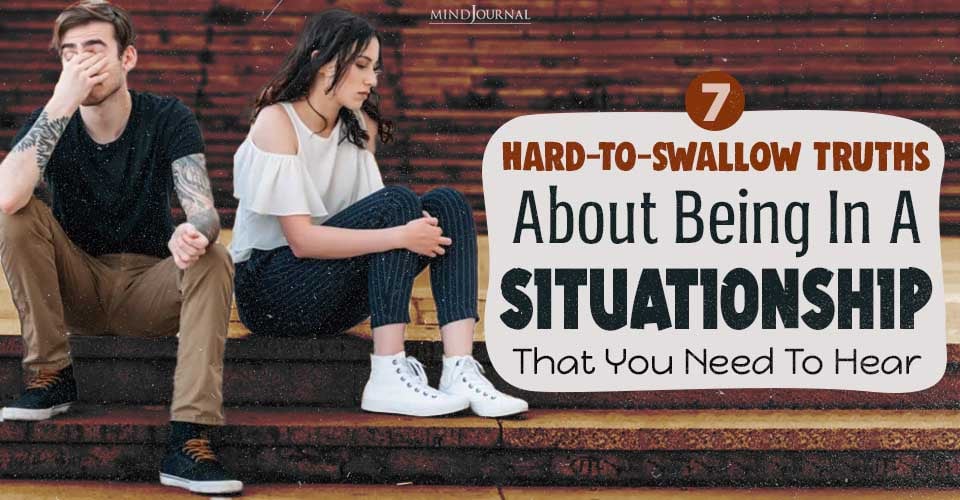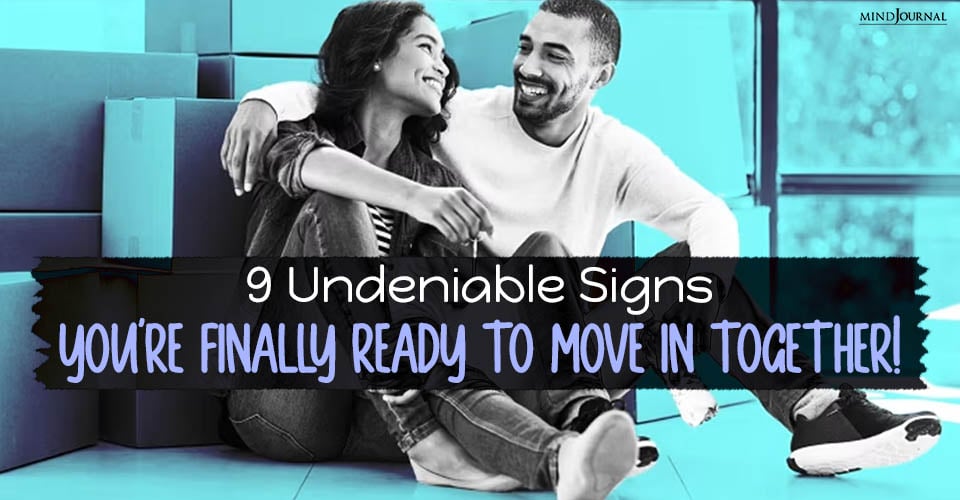Are you settling for love just because everyone else seems to have it? Is relationship FOMO driving your choices? Here’s why it shouldn’t define your love life!
Lagging behind whose timeline? Here’s how anxiety can spoil relationship pacing.
Key points
- Take time to understand the true motivations behind relationship pace.
- It’s important to avoid perceived expectations and define success on one’s own terms.
- “Expected timelines” or “greener pastures” can create a sense of urgency and distress.

Read More Here: The Scandinavian Sleep Method: The Nordic Way To Peaceful Sleep and Relationships
The fear of missing out (FOMO) has extended beyond snagging the last marked-down designer bag. It has seeped into our emotional lives, pushing individuals to plunge into relationships more from anxiety than genuine care or connection.
Relationship FOMO seems to be fueled by various societal and internal pressures, such as “expected timelines” or “greener pastures,” that create a sense of urgency and distress.
Social media is often linked to mental health and relationship satisfaction and is specifically attributed to distorted thinking and negative emotions such as envy, jealousy, resentment, and anxiety, as well as the desire to chase perfection. And the constant “upward social comparisons” and unreasonable expectations can adversely impact one’s self-esteem.6
Watching others move towards commitments can sound an alarm over falling behind an expected life schedule. Research has found that perceived societal pressures and reflected expectations from peers, parents, and broader social circles regarding timelines and milestones are strongly associated with increased anxiety and depression.2
This study also found that the critical factor is not the accomplishment of the adulthood milestones themselves but whether one has fulfilled expectations about the milestones.2 Meaning that it’s the FOMO panic of lagging behind others’ expected progress that most impacts psychological well-being.
Impact and Costs of Relationship FOMO
The urgency to “grab” a relationship while the taking is good may come with high costs. Although settling too quickly may not necessarily compromise immediate or future compatibility, other complex factors, such as communication, trust, money, and priorities, can lead to dissatisfaction down the road,10 as well as several others:
- Ignoring Red Flags: FOMO can override or blur initial concerns, leading to poor dynamics as the relationship evolves.4
- Mismatched Expectations: Lack of established shared goals and values can lead to differing priorities and expectations.10
- Loss of Boundaries: Setting and maintaining healthy boundaries could become difficult, leading to co-dependence and imbalance.10
- Feeling Stuck: Premature commitments, like moving in together or getting engaged, specifically for those with attachment anxiety, can spur feelings of insecurity and relationship dissatisfaction.7
- Relationship Doubt: Quick commitments may seed doubts about relationship sustainability, trust, and compatibility.13
Read More Here: 5 Ways You’re Sabotaging Your Life And Relationships
When faced with relationship timelines causing FOMO, it’s important to decipher motivations. Are we seeking a partner due to genuine emotional needs and values alignment? Or are we reacting to outside pressures and perceptions? Mindfulness regarding intentions can help mitigate anxiety8 and lead to healthier bonds formed out of care rather than FOMO.
Building Healthier Connections
While relationship FOMO contains risks, timeline anxiety can also motivate positive growth by pushing partners past complacency.
Setting relationship, marriage, or parenthood goals combats procrastination, and the excitement of a new romance can inspire self-improvement.9 Still, it’s key to reflect on underlying motivations, not just perceived expectations.
In reality, relationships require effort, affection, compromise, and adaptation.12 Even the most compatible partners disagree and need maintenance. What matters most is consistently investing in the relationship through affection, empathy, and open communication.11
For those already in relationships, avoid excessive FOMO doubts by recognizing that challenges at the start and throughout the relationship are normal. Having patience,5 protecting intimacy,1 and mutually fulfilling each other’s needs3 can sustain and nurture the relationship, however it starts.
“If you found this article helpful, explore more insights on relationships and personal growth by visiting my blog, Life, Love, etc., on Psychology Today. Stay connected for updates on my upcoming book, Digital Couples Therapy, as well as other resources to help you strengthen your connections.
For more information, visit my website at www.annalmft.com.”
References 1. Christopher, F. S., & Sprecher, S. (2000). Sexuality in marriage, dating, and other relationships: A decade review. Journal of Marriage and Family, 62(4), 999–1017. 2. Culatta, E., & Clay-Warner, J. (2021). Falling Behind and Feeling Bad: Unmet Expectations and Mental Health during the Transition to Adulthood. Society and Mental Health, 11(3), 251-265. https://doi.org/10.1177/2156869321991892. 3. Egbert, N., & Polk, D. (2006). Speaking the language of relational maintenance: A validity test of Chapman's (1992) five love languages. Communication Research Reports, 23(1), 19-26. 4. Franiuk, Renae & Cohen, Dov & Pomerantz, Eva. (2002). Implicit theories of relationships: Implications for relationship satisfaction and longevity. Personal Relationships, 9, 345 - 367. https://doi.org/10.1111/1475-6811.09401. 5. Gottman, J. M., & Silver, N. (2015). The seven principles for making marriage work. Harmony. 6. Gupta M, Sharma A. Fear of missing out: A brief overview of origin, theoretical underpinnings and relationship with mental health. World Journal of Clinical Cases, 9(19), 4881-4889. https://doi.org/10.12998/wjcc.v9.i19.4881. 7. Joel S, MacDonald G, Shimotomai A. Conflicting pressures on romantic relationship commitment for anxiously attached individuals. Journal of Personality, 79(1), 51-73. https://doi.org/10.1111/j.1467-6494.2010.00680.x. 8. Keng SL, Smoski MJ, Robins CJ. Effects of mindfulness on psychological health: a review of empirical studies. Clinical Psychology Review, 31(6), 1041-1056. https://doi.org/10.1016/j.cpr.2011.04.006. 9. Lewandowski, G. W. (2022, February 9). Partnering up can help you grow as an individual – Here’s the psychology of a romantic relationship that expands the self. The Conversation. https://theconversation.com/partnering-up-can-help-you-grow-as-an-indiv… 10. Ni, P. (2015, July 12). Top 10 reasons relationships fail. Psychology Today. Retrieved from https://www.psychologytoday.com/us/blog/communication-success/201507/to… 11. Ogolsky, B.G. and Monk, J.K. (Eds.). (2020). Relationship Maintenance: Theory, Process, and Context. Cambridge University Press. https://doi.org/10.1017/9781108304320. 12. Shafer, K., Jensen, T. M., & Larson, J. H. (2014). Relationship Effort, Satisfaction, and Stability: Differences Across Union Type. Journal of Marital and Family Therapy, 40(2), 212-232. https://doi.org/10.1111/jmft.12007. 13. Steuber, K. R., Priem, J. S., Scharp, K. M., & Thomas, L. (2014). The content of relational uncertainty in non-engaged cohabiting relationships. Journal of Applied Communication Research, 42(1), 107–123. https://doi.org/10.1080/00909882.2013.874569.
Written by: Anna Elton, LMFT
Originally appeared on: Psychology Today










Leave a Reply